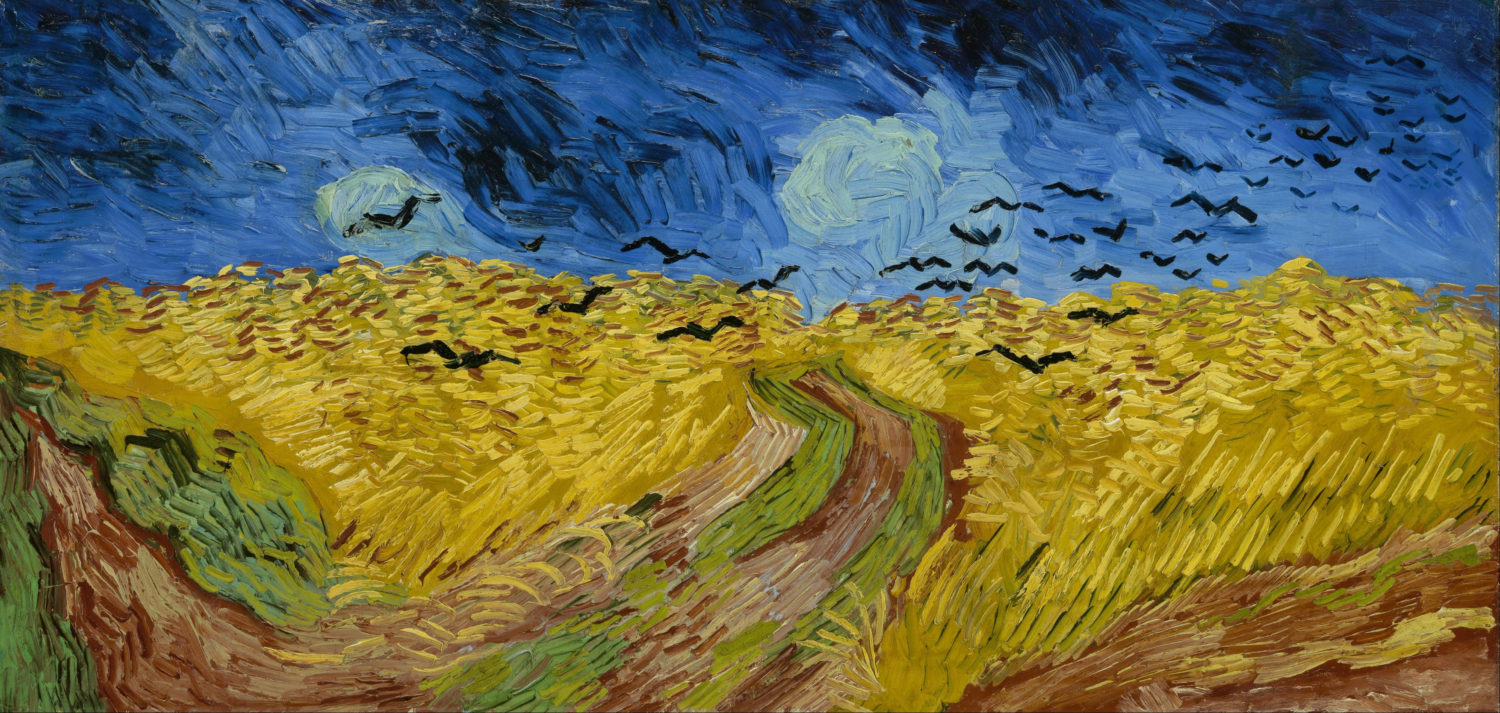
The biggest tourist art attraction in London is probably the Impressionists at the National Gallery, but there are many other venues which are well worth visiting and often do not seem to draw the crowds they deserve.
Dulwich Picture Gallery merits a visit for the building alone, the world’s first custom designed public art museum, widely imitated around the world in subsequently built galleries. Designed by Sir John Soane and opening in 1817, the history of the collection goes back much further, to 1605. With one of Britain’s finest collections of old masters (mostly 1600 to 1800) the gallery was an inspiration to visitors such as John Constable, JMW Turner, Walter Sickert, Auguste Rodin, Claude Monet, Camille Pissarro and Vincent van Gogh.
The core of the collection is the bequests of Frenchman, Noël Desenfans (1745 – 1807), and his Swiss partner, the painter, Sir Francis Bourgeois, RA (1756 – 1811). The most successful art dealers in London during the latter part of the 18th century.

You get to the Dulwich Picture Gallery by train from London to either North Dulwich (from London Bridge) or West Dulwich (from London Victoria) station, which are both about half a mile’s walk through pleasant suburbs to the gallery. Admission is £8, but you can halve this by using the National Rail “Days Out Guide“. It is open Tuesday – Sunday, 10am – 5pm and has a very nice cafe.
Let’s now take a look at a few of the star exhibits:

Rembrandt. A Girl at a Window. 1645

Jan van Huysum. Vase with Flowers. c1720

Sir Peter Lely. Nymphs by a Fountain. c1650

Karel de Jardin. Peasants and a White Horse 1670s

Canaletto. Old Walton Bridge over the Thames 1754

David Teniers. A Winter Scene with a Man Killing a Pig

Thomas Gainsborough. The Linley Sisters 1771/2

Gerrit Dou. A Woman Playing a Clavichord c1665
In total the collection consists of around 600 works of art, including the following (thanks Wikipedia!):
- Dutch School
-
- Cuyp, Aelbert – 11 paintings;
- Dou, Gerrit – 1 painting;
- Hobbema, Meyndert – 1 painting;
- Hooch, Charles Cornelisz de – 2 paintings;
- Neer, Aernout van der – 1 painting;
- Ostade, Adriaen van – 5 paintings;
- Rembrandt van Rijn – 3 paintings;
- Ruisdael, Jacob van – 4 paintings;
- Velde, Adriaen van de – 2 paintings;
- Velde, Willem van de…the Younger – 3 paintings;
- Weenix, Jan – 1 painting;
- Wouwerman, Philip – 12 paintings;
- English School
-
- Dobson, William – 1 painting;
- Gainsborough, Thomas – 7 paintings;
- Hogarth, William – 2 paintings;
- Landseer, Sir Edwin – 1 painting;
- Lawrence, Thomas – 3 paintings;
- Reynolds, Joshua – 9 paintings;
- Constable, John – 1 painting;
- Flemish School
-
- Marcus Gheeraerts the Younger – 1 painting;
- Rubens, Peter Paul – 10 paintings;
- Teniers, David – 19 paintings;
- Van Dyck, Anthony – 5 paintings;
- French School
-
- Dughet, Gaspard – 4 paintings;
- Fragonard, Jean-Honoré – 1 painting;
- Gellée, Claude – 4 paintings;
- Poussin, Nicolas – 6 paintings;
- Vernet, Claude-Joseph – 6 paintings;
- Watteau, Jean-Antoine – 2 paintings;
- Italian School
-
- Canaletto, (Giovanni Antonio Canal) – 2 paintings;
- Carracci, Annibale – 4 paintings;
- Piero di Cosimo – 1 painting;
- Guercino, (Giovanni Francesco Barbieri) – 2 paintings;
- Raphael, (Raffaello Sanzio) – 2 paintings;
- Reni, Guido – 2 paintings;
- Ricci, Sebastiano – 2 paintings;
- Tiepolo, Giovanni Battista – 3 paintings;
- Vasari, Giorgio – 1 painting;
- Veronese, Paolo – 1 painting;
- Zuccarelli, Francesco – 3 paintings;
- Spanish School
-
- Murillo, Bartolomé-Esteban – 4 paintings;

